18th December 2017
I knelt on the glacial floor, reading a book about a free world. It was lesson four. The teacher had a sorrowful look on her face, as if something was about to happen. Her eyes were darker than a void, and they were filled with unhappiness and fright. She muttered the lesson was over and it was time to go, whilst staring at the wooden floor. I leaned with tiredness against the remainder of an oak door, it pierced me in the forearm with sharp splinters. The rusted steel hinges squealed quietly. I looked through the stained window and saw the teacher crying, but quickly darted away when she caught sight of me. The humiliation she felt towards me was heart-breaking; the fact that I had caught her in this vulnerable state degraded her pride. However, at this stage, we were all vulnerable, this experience was not uncommon. I left the building, stumbled across the pavement and onto the road, and came to a halt when a rebel car flew past. I approached my war-torn house. Lunch was ready. Mother greeted me with a broken smile, like usual. Lunch was a simple and routined event. The traditional Afghan carpet was our ‘seats’, and the plates were cracked like firestones. Cutlery did not exist in this household; my left hand was the fork, and my right, the knife. A deadly silence cut through the air like a bullet. This was an unusual circumstance, which provoked curiosity within my mind. Grandpa often had a story to tell or normally started a conversation, but nothing today. I sat there in my inquisitive state, eating the crumbs of stale bread.
I thought about what our country, Afghanistan, would be like without war, and what my home would be like. I imagined a country of great beauty, where the flowers blossomed in the warm sun as it’s rays gently kissed my skin. The dream of flying kites lingered in my visions. Kites represented freedom, something at which we were deprived of. Like a son without a mother or grass without pollen, kites symbolised a falsely convicted prisoner held captive in a cell, freedom being the wind that previously flew the kite. I was the prisoner, this country was the cell. My dreams were vivid; I could almost feel the breeze from the gust of wind, and smell the pollen from the natural elements. Yet, this was inaccessible. No smell but smoke infiltrated my nostrils, and no rustle of leaves filled my ears. Gunshots and screams replaced these privileges.
Reality replaced this dream. I glanced upon my family. Blank. Expressionless. Only empty faces. It dawned on me that lunch was coming to an end; I had to return to the room where lesson four was held. Lesson five was art. I loved art because the possibilities were limitless as you could make anything you wanted with any emotion. The enemy may have created rules on what you could say and do, but they had not created rules on what you could think and feel. A message that may be hard to say in words, could be portrayed in the image created. My best friend, Amir, was in this class with me and his talents laid within his paint. He was tall but undernourished, and had chocolate-coloured hair with a white streak, eyes blue as the unpolluted rivers that used to stream through our country, and thick, bushy eyebrows. He wore the same ripped denim jeans everyday, but sometimes changed his faded shirt. Amir loved art too, he spoke often about his passion for it. My best friend did not feel the same imprisonment as I did because art enabled him to escape from this detrimental world, however it was not the same case for me.
19th August 2027
It frightens me to recall my memos as a twelve-year-old. What I suffered, my shocking surroundings, and my state of mind. Ten years on and I look back at the depressing life I had. No child should have to endure the pain I went through. My innocence was stripped without consideration. A mere few days after this note I scribbled in that dark December, my mother found a “connection” in Kabul, which enabled us at a high price of our house and possessions to migrate to America. The journey was agonising; we spent over two months in the back of a truck with eleven other refugees, all looking for a better life. My little brother did not manage to survive this journey. The dust from the vehicle combined with the grim condensation of bacteria clogged his airway and caused infection. He did not make it. After this gruesome journey we were abandoned, in the same way that broken furniture is tossed onto a rubbish heap, in South Carolina. We scavenged on the streets, seeking the slightest bit of hospitality when eventually a kind charity helping refugees found us. This life was not of luxury but it was better than living in constant fear.
I have a new life, a smaller family, and a future. My thoughts are with Amir and my homeland. I hope to return to a reformed Afghanistan; a free world, like this.




